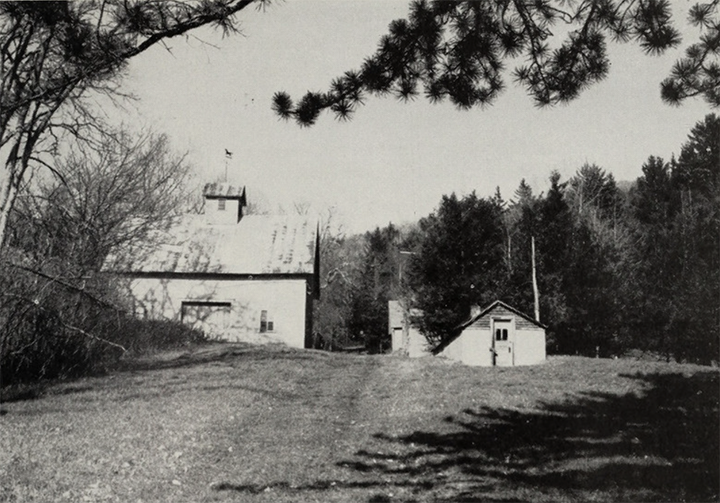
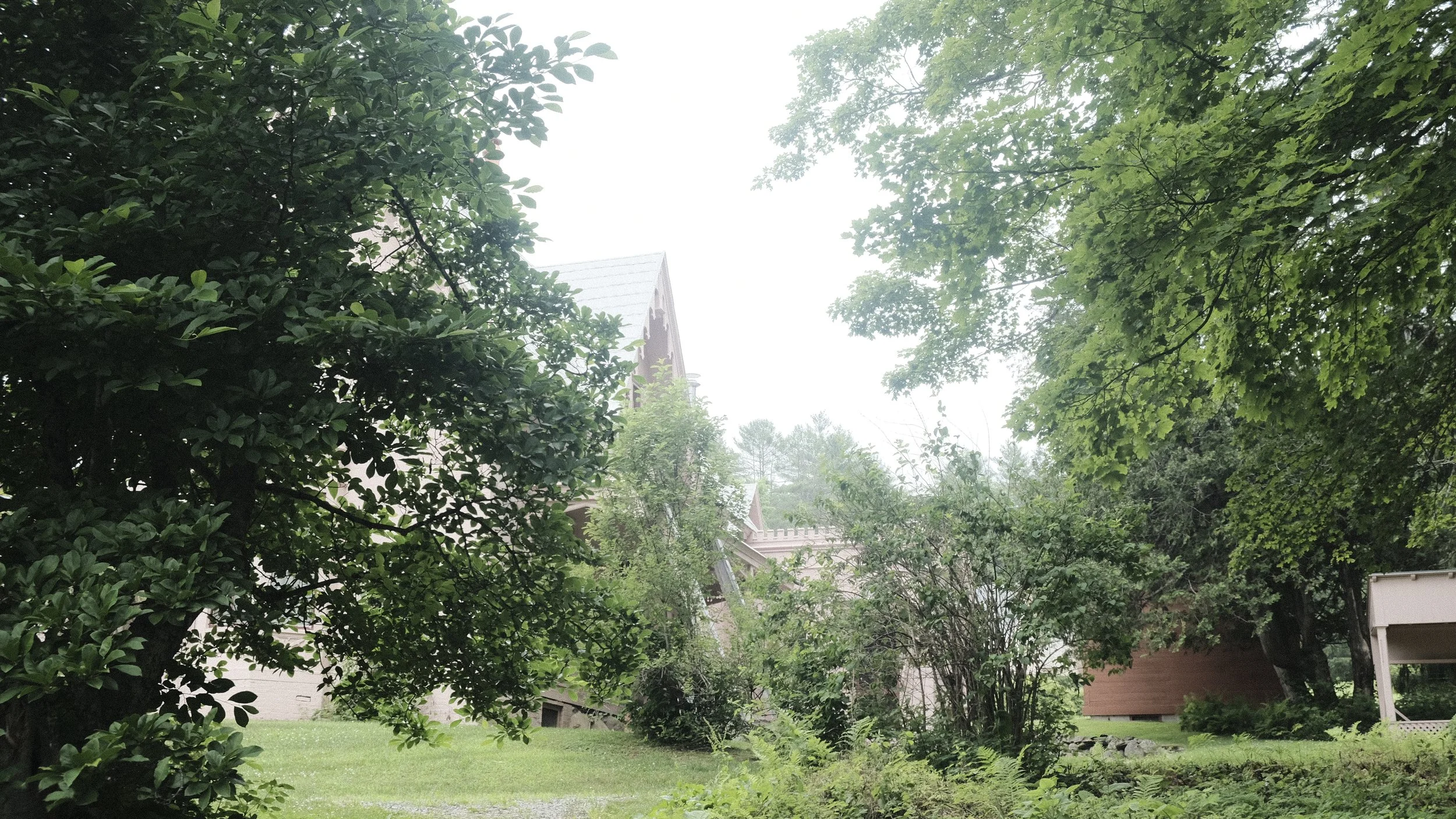
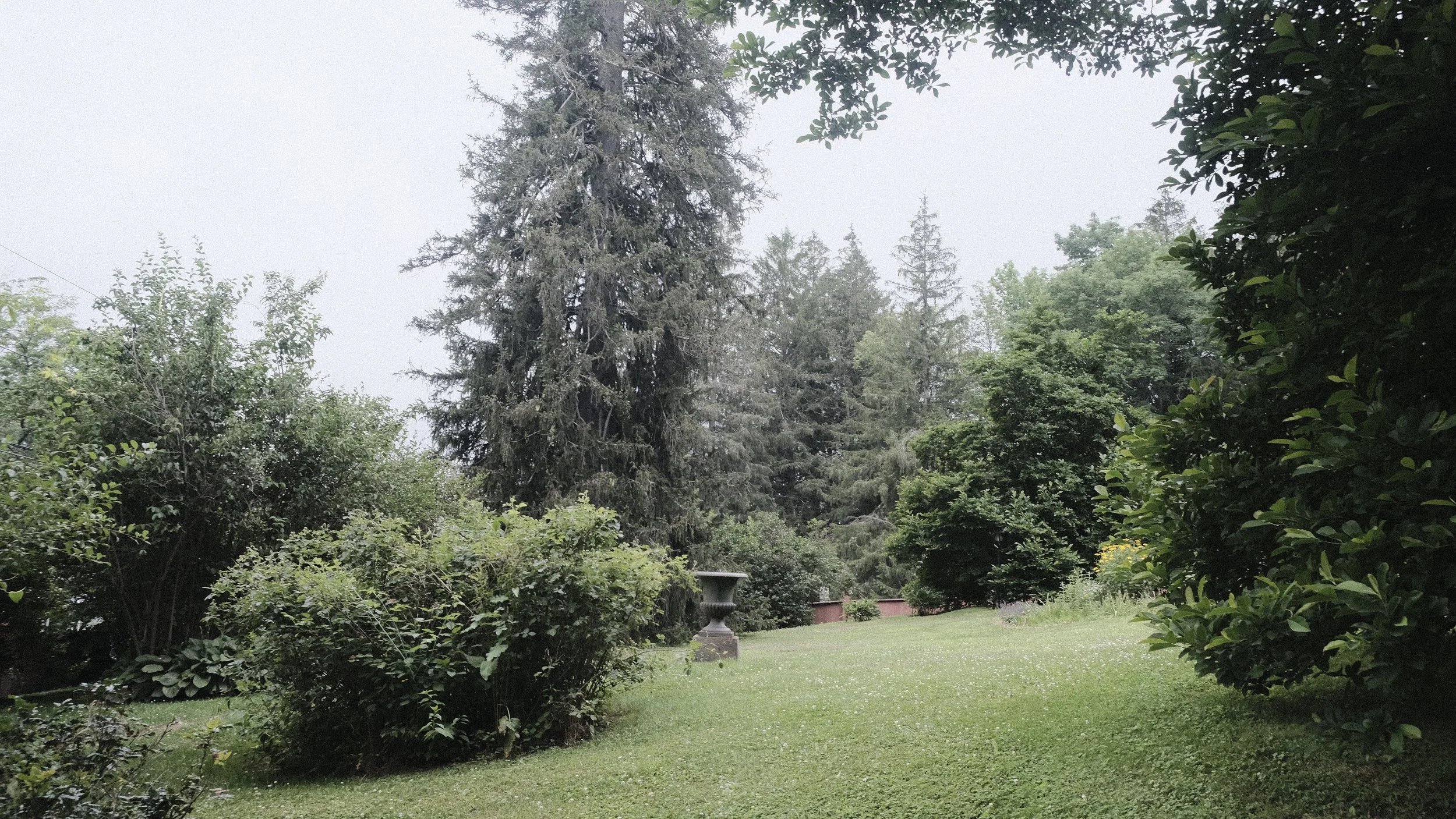
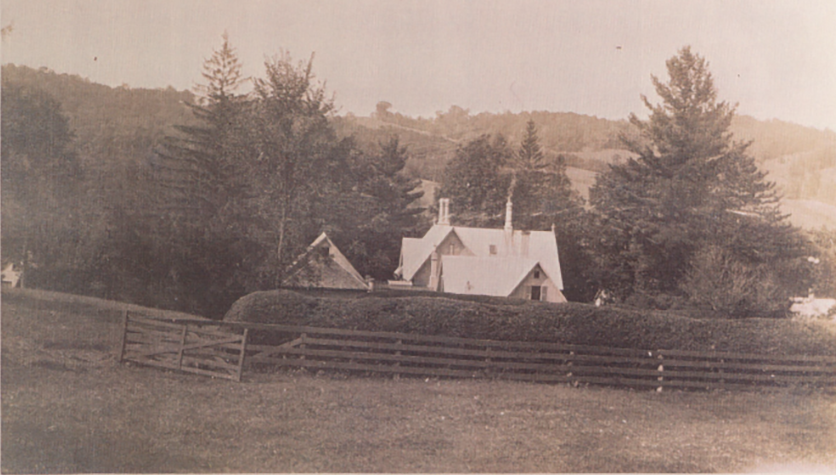
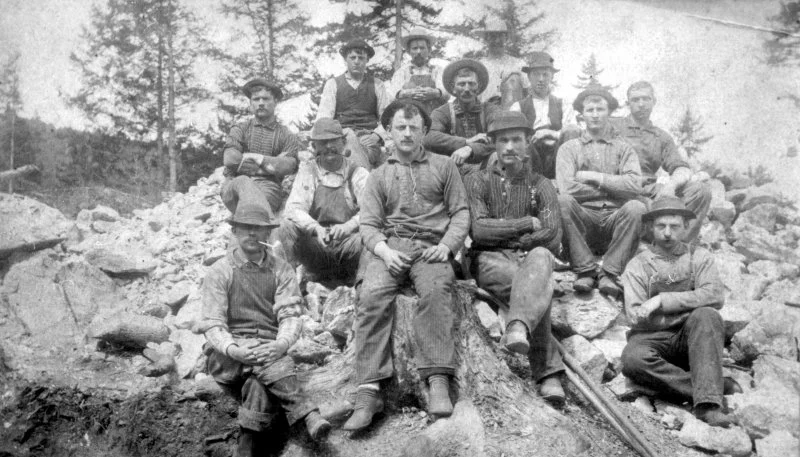
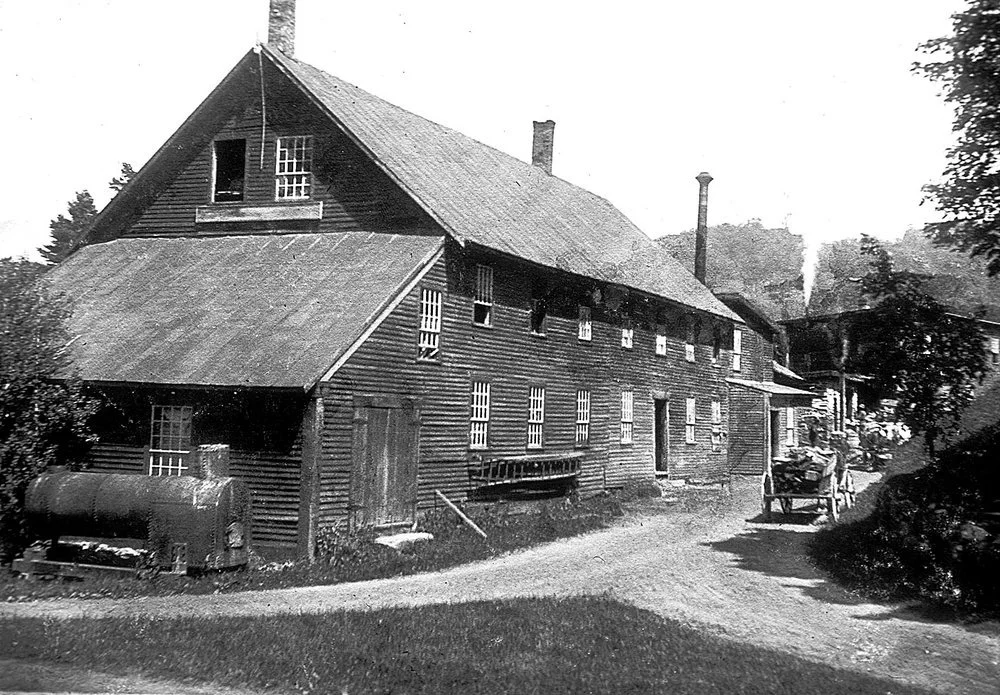
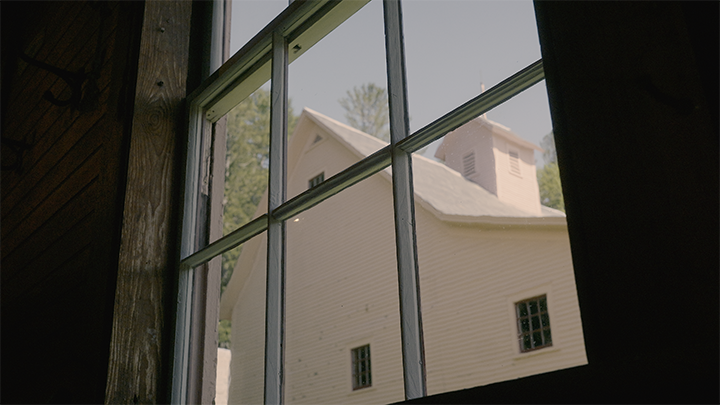
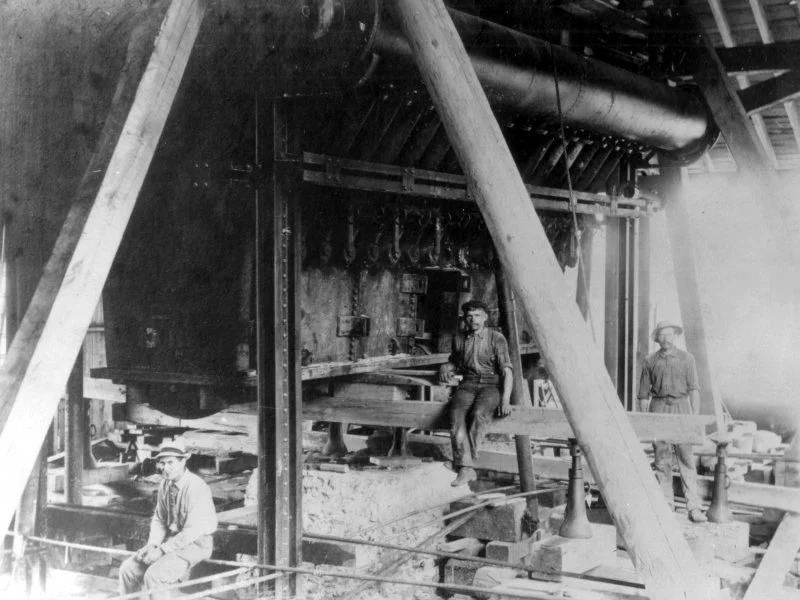
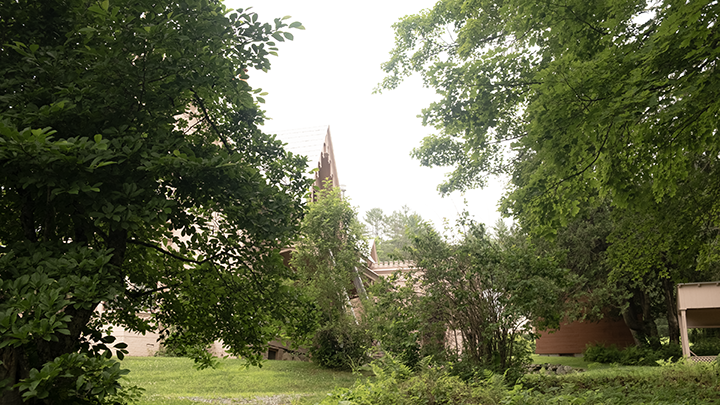
Vermont has been as much an idea as a place. At the state’s outset, that idea was that Vermont would be the place where the competing tensions of everyday life, the desire for “Freedom and Unity” simultaneously, coexisted comfortably. Because this idea persisted, the meaning various people have attached to Vermont over time has occupied a space at the fault line of the American experience with change.
America and the State that “Stayed Behind”: An Argument for the National Relevance of Vermont History, Paul Searls
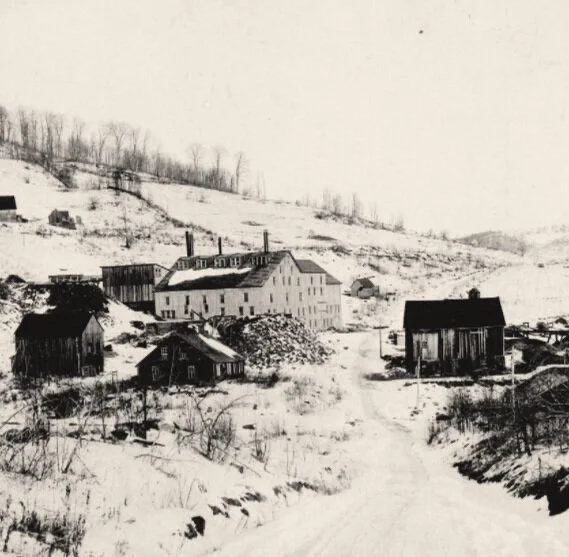
Morrill in Vermont -
from the Strafford General Store to the Republican Party
…there appeared on the American political front a new institution. The Republican Party, conceived in antislavery and nourished by industrialism, won the allegiance of Vermont and has ever since molded its outlook.
The general store in small communities, during the quarter-century when Morrill was growing up, was not merely an emporium or a shop; it was an institution. It was the chief meeting-place for the neighborhood, the focus of village interest, the center of news, and the forum for discussion of all topics under heaven.
… and on its shelves were found most of the articles needed in a community of pioneers. But supplying goods and groceries was not its only function; it was the pioneers' intellectual and social center. It was the common meeting-place of the farmers, the happy refuge of the village loungers. No subject was unknown there. The habitués of the place were equally at home in discussing politics, religion, or sports. Stories were told, jokes were cracked, and the news contained in the latest newspaper finding its way into the wilderness was repeated again and again.
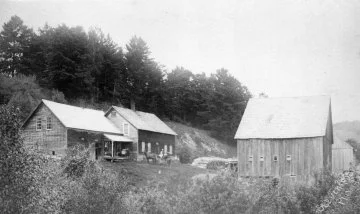
… “Who was this man? How was it that from his brooding concern there was to spring a hypothesis about American higher education which was to transform as it moulded our culture? I possess few qualifications to speak on this subject, save to say that for many years past, I have been a summer resident of Strafford, Vermont, his home, and there I have reflected on this man and his remarkable career. Morrill, I remind you, was plebeian in birth and in background; nonetheless he was an aristocrat in all his tastes, in his manners, and in his relations to other men
Merrill's father and grandfather were blacksmiths and wheelwrights in Strafford village…His formal education was received in the grammar school at Strafford, supplemented by very short terms at Thetford and Randolph. But at the age of fifteen, his schooling was over. His father could lend no help, and there were not in 1825 the many sources of private and public help to which you and I owe so much.
The only choice open to the boy was to go to work and work he found in the village store. In 1834, at the age of twenty-four, Justin Morrill was admitted to full partnership with Harris, and shortly afterwards, the much older Harris retired from the firm. For fourteen years more, Morrill was our village storekeeper…he was only thirty-eight years of age, he decided that his competence had been made and sold his business…to establish himself as a landed gentleman and as a scientific farmer…There was as yet very little evidence of political ambition. The fact is that for ten years, in middle life, his career remained on dead centre. And then, suddenly, at the age of forty-four, a political career of great brilliance and of profound importance for the whole nation suddenly blossomed…
Washington never absorbed him fully as it does most men in the public service. Only part of his nature, of his being, was there. Though he served there for so many years, the deeper part of his nature remained here in the hills from which he had sprung and where at the end he was brought to be buried.
Dr. Wilbur K. Jordan, Professor of History at Harvard. President Emeritus of Radcliffe, 1962
Continue your immersive experience here
(click on the arrow)
Through all the currents of social agitation of the early nineteenth century appeared a constant reiteration of a belief in the nearness of a millennial society. The vision of a free man inhabiting a free world has engaged the attention of aspiring souls in all ages and climes. The back country of early America, stretching from interior New England across New York State and into the Ohio Valley, gave birth to numerous prophets and messiahs who aimed at being the architects and builders of a new social order.
SOCIAL FERMENT
IN VERMONT
1 7 9 1 - 1 8 5 0
BY DAVID M. LUDLUM
Columbia University Press
1939
